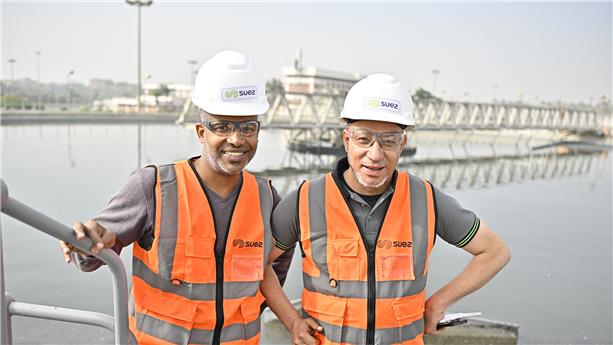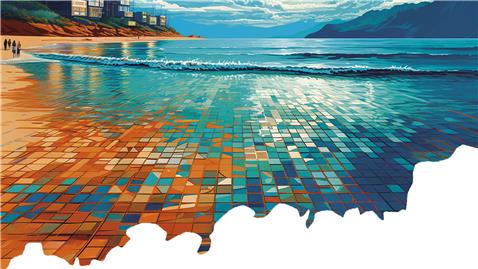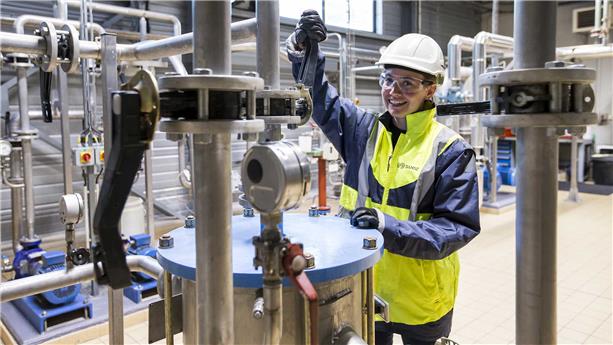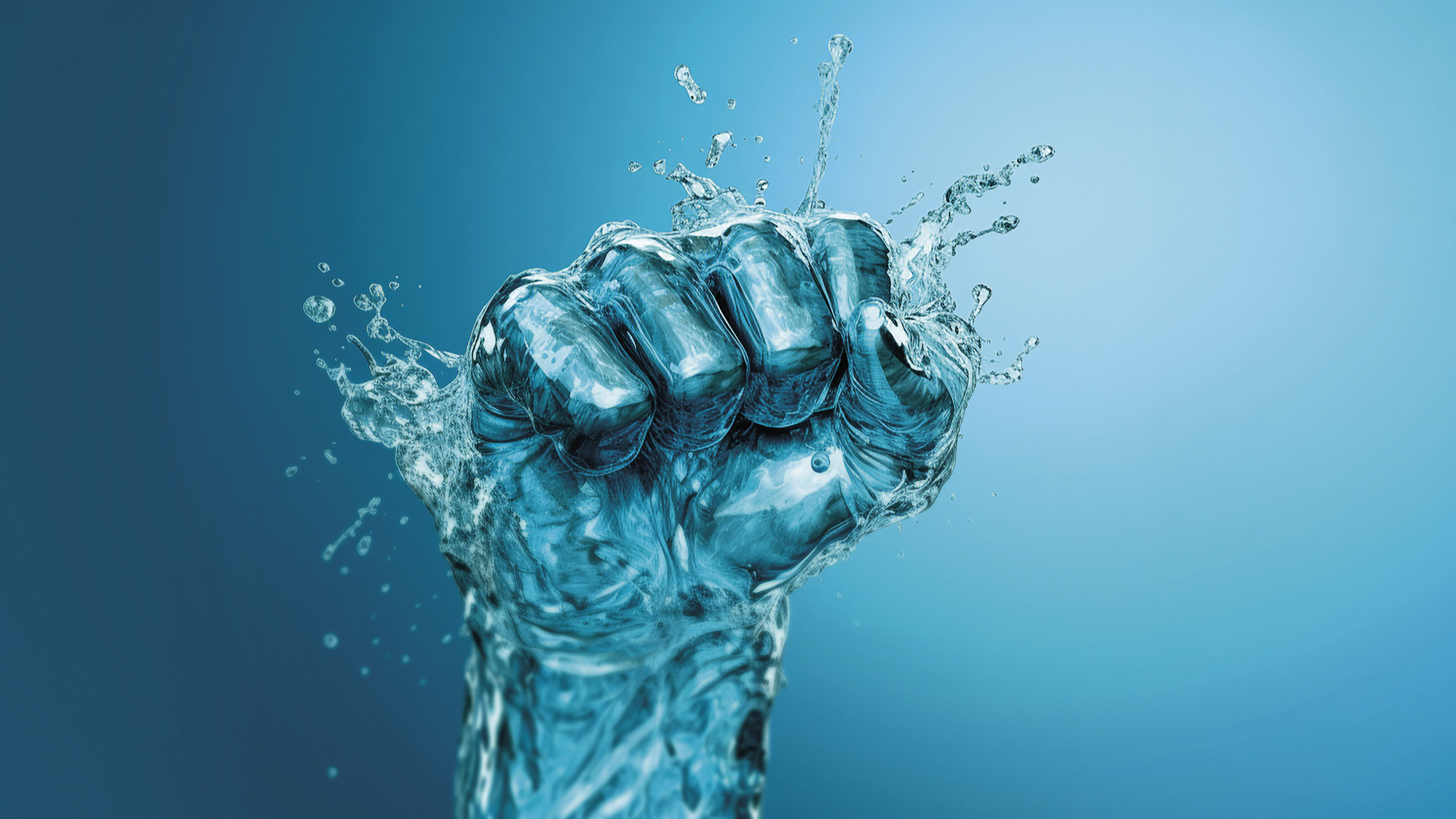
People are already fighting for water. Sadly, they’ll be doing it even more in the future.
Your latest book is entitled Guerre et eau (War and water). Is fighting wars around water a new thing?
From the First World War to the present day, Guerre et eau is the first essay aimed at a general public readership on the strategic importance of water resources in warfare. Drawing on unprecedented military archives and diplomatic sources, Franck Galland offers both a new insight into the conflicts that have affected and continue to affect our world, and a better understanding of the geopolitical issues that natural resources embody.
Are there other reasons for these conflicts?
In your various books, you regularly refer to the “diagonal thirst line”. Are there other currently or potentially affected countries?
So is this diagonal line not a permanent one?
Is China an exception, or have other countries also reacted?
In 2016, global investment in savings on water supply and treatment only accounted for 2.6% of the 455 billion dollars devoted to the fight against climate change. Why this lack of interest? Has there been any improvement since 2016?
In our country, the debate around water too often focuses on simply the price of water, whereas a concession holder or public operator must be able to perform its job in conditions that allow them to manage existing infrastructure properly and conserve the resource effectively. Too many regions find themselves at breaking point through lack of vision and commitment. Due to an absence of master plans and investment programmes, operators do not always receive the sufficient resources: lack of interconnections, little new infrastructure, the bare minimum in leak reduction programmes, etc. This is all down to the failings of policymakers.
So we need to explain more extensively that water isn’t something to be taken for granted: that behind this resource there are essential and increasingly complex jobs?
You just referred to reusing wastewater. In France, the figure is below 1%. Why the disparity? Which countries are doing the best on this subject?
What are the dangers if countries do not address this question of access to water? Are you optimistic about this awareness?
F.G.: Generally speaking, people seem more concerned about 5G than about visible and buried hydraulic infrastructure. I think that’s a big shame. With very few exceptions, we lack the political vision for infrastructure, its maintenance in operational condition, and its development. It’s a clearsighted but somewhat bitter assessment that I offer, if we compare ourselves with what happened during the Trente Glorieuses (three decades of financial prosperity in France, c. 1945-1975). But since ambition is in the method, we need a lot of voices to speak out to raise water to the status of a strategic priority. Policymakers must believe in it as such and embrace the subject. Just take a look at what has been done by other European countries such as Spain, Holland or Belgium. There has been massive investment in Flanders and Wallonia in the past 20 years, where regional water highways have been created with the financial support of the European Investment Bank. It therefore merely requires political willpower and financial capacity. With the resources that they will be allocated, groups such as SUEZ have the ability to put into action the public decisions taken. But optimism should not come at the expense of reason. Human resource management remains the prerequisite for our future. If tomorrow, we get the green light for action but lack the skills to fulfil it, we will remain stuck in the mud. It is therefore urgent to offer an HR outlook to engineers, electro-mechanics and control technicians, which we need so flagrantly today and will need even more tomorrow.
1) pub. Robert Laffont, March 2021.
2) pub. CNRS Éditions, March 2014.
3) pub. Éditions Choiseul, January 2012.
4) pub. CNRS Éditions, September 2008.
5) The Kakhovka hydroelectric dam was destroyed overnight on 6 June 2023 during the invasion of Ukraine by Russia.
6) This vast area encompasses North Africa, the Middle East, the Indian subcontinent, part of central Asia and the northern half of China.
7) The G5 Sahel is a strategic and military alliance of countries formed to fight Islamic terrorist organisations. They include Mauritania, Niger and Chad.
8) United Nations World Water Development Report 2020.
9) Through their water bills, users pay for most of the spending relating to the management of the water they consume. The budgets of municipalities, for water and wastewater services, must be self-sufficient, with income balancing out expenditure.
Did you enjoy this article? Discover PLUS Magazine in PDF format.

PLUS Magazine - n°1

People are already fighting for water. Sadly, they’ll be doing it even more in the future.

In China, we make fresh water



